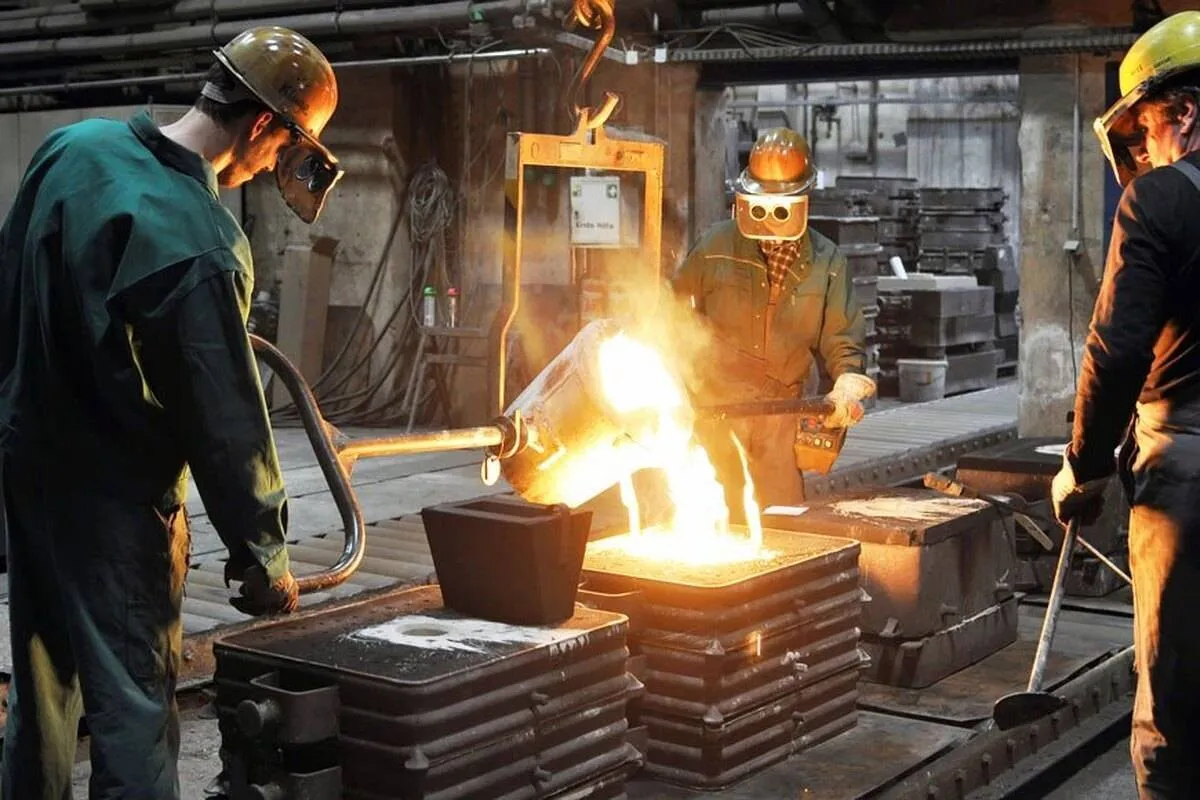Casting Refractory Mass for Petrochemical Plants Produced in Iran

‘Pat Roshan Nikta Group’ company has made the casting refractory based on ceramic materials in which nanoparticle-containing colloidal binder is used with an appropriate stability.
It is able to efficiently bind the ceramic precursors to form final bulk refractory units and coatings.
The addition of ceramic nanoparticles to the binder of the refractory has enhanced gelation properties and improved strength.
The product can be used in casting factories, petrochemical plant and steel mills.
Earlier this year, researchers at an Iranian company had also used nanoparticles to produce a material for making steel parts which can be applied as a substitute for castings in steel plants as well as cement and petrochemical industries.
According to Iran Nanotechnology Innovation Council affiliated to the Vice-Presidency for Science, Technology and Knowledge-Based Economy, the patrocast produced in the company, which is usually mixed with the help of a fluid and poured into a specific holder to create a refractory piece, enjoys several advantages, including reasonable price, very high cold compressive strength, temperature tolerance from 1,400 to 1,850 degrees Celsius and reinforcement with nanoparticles with dimensions less than 50 nm.
Various binders, including colloidal binders, are used in the production of cast refractories. This product is a refractory castable mass or a cast containing nanoparticles, which is considered as a very suitable alternative to castable casts, and its high cold compressive strength is one of its distinctive features, and it tolerates heat from 1,400 to 1,850 degrees, depending on the percentage of alumina in the formula.
4155/v





















